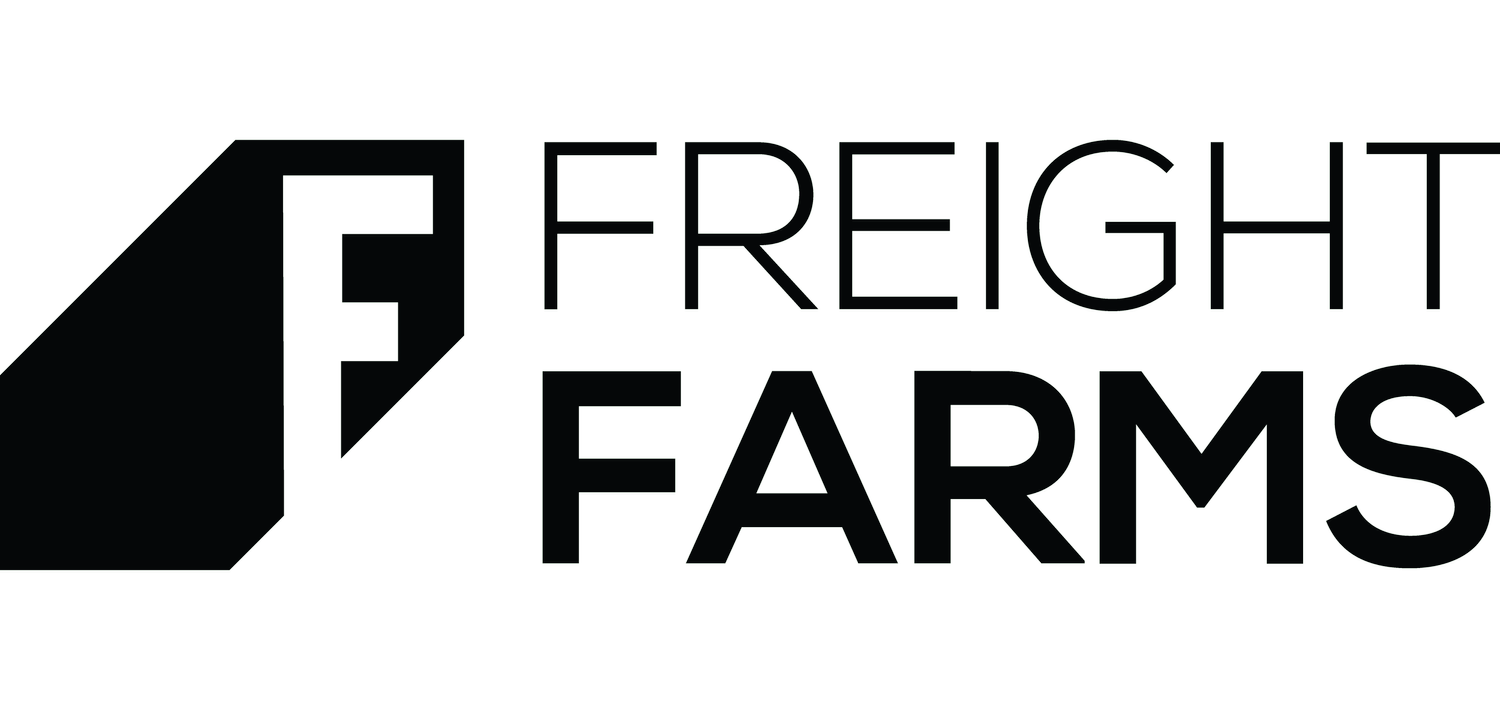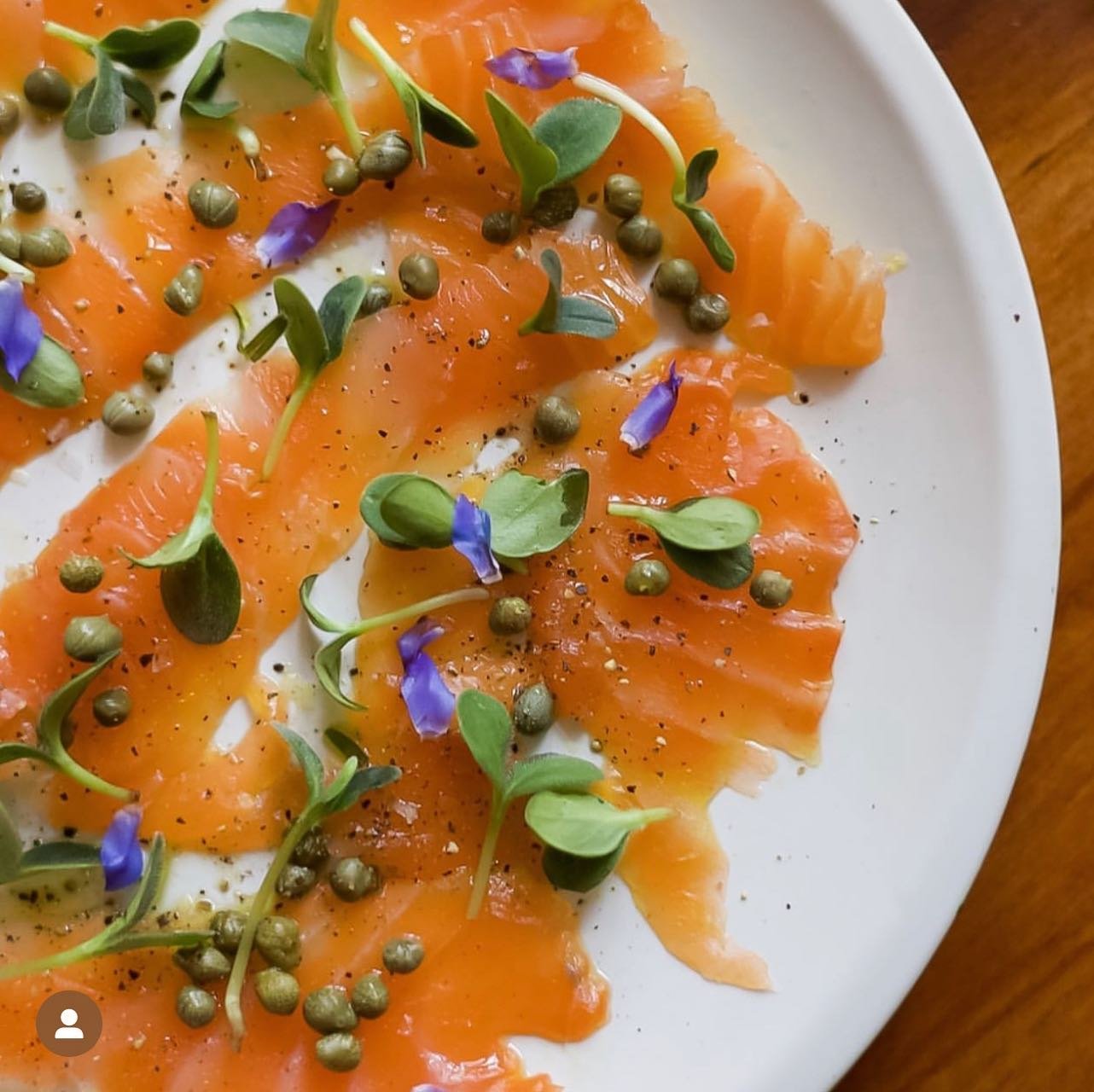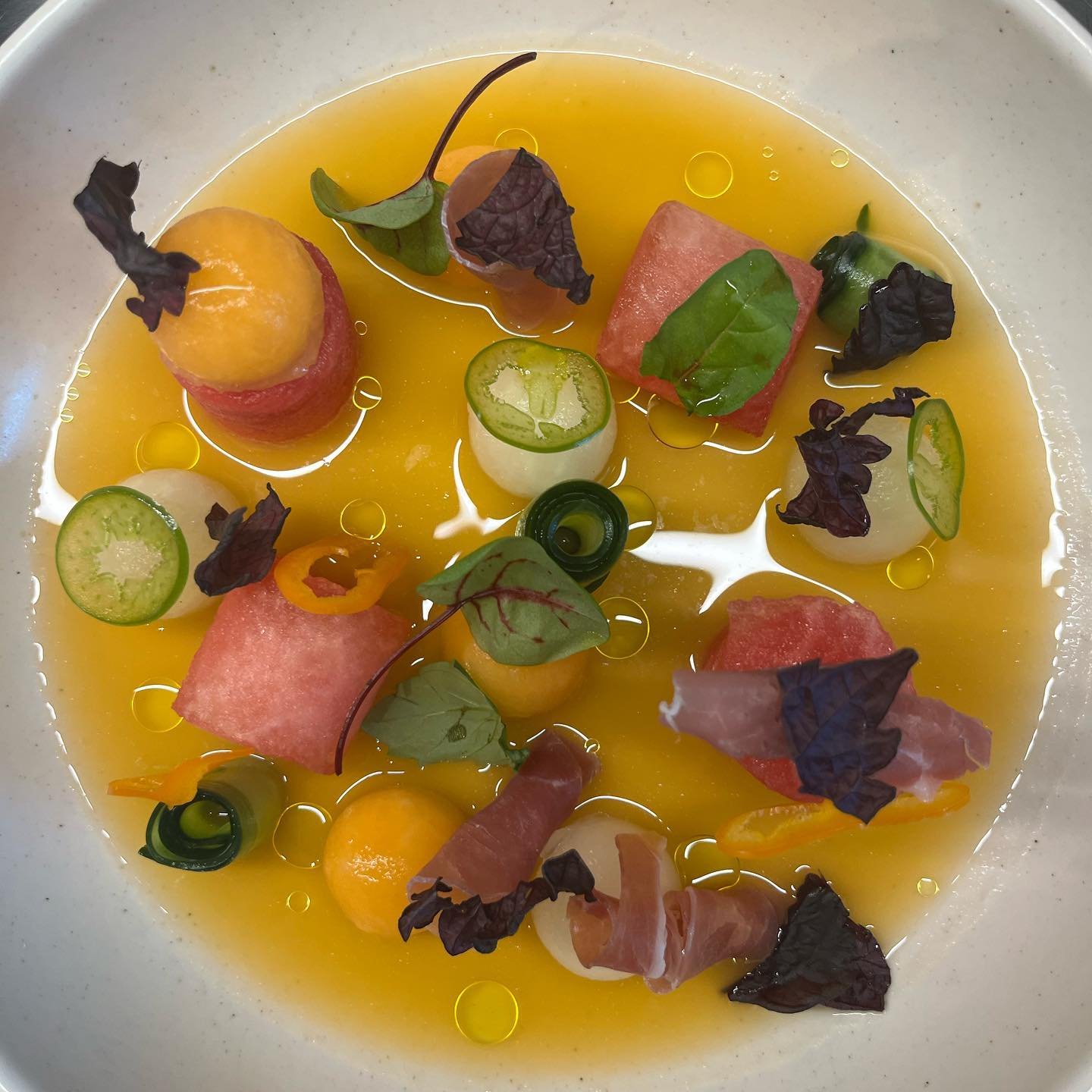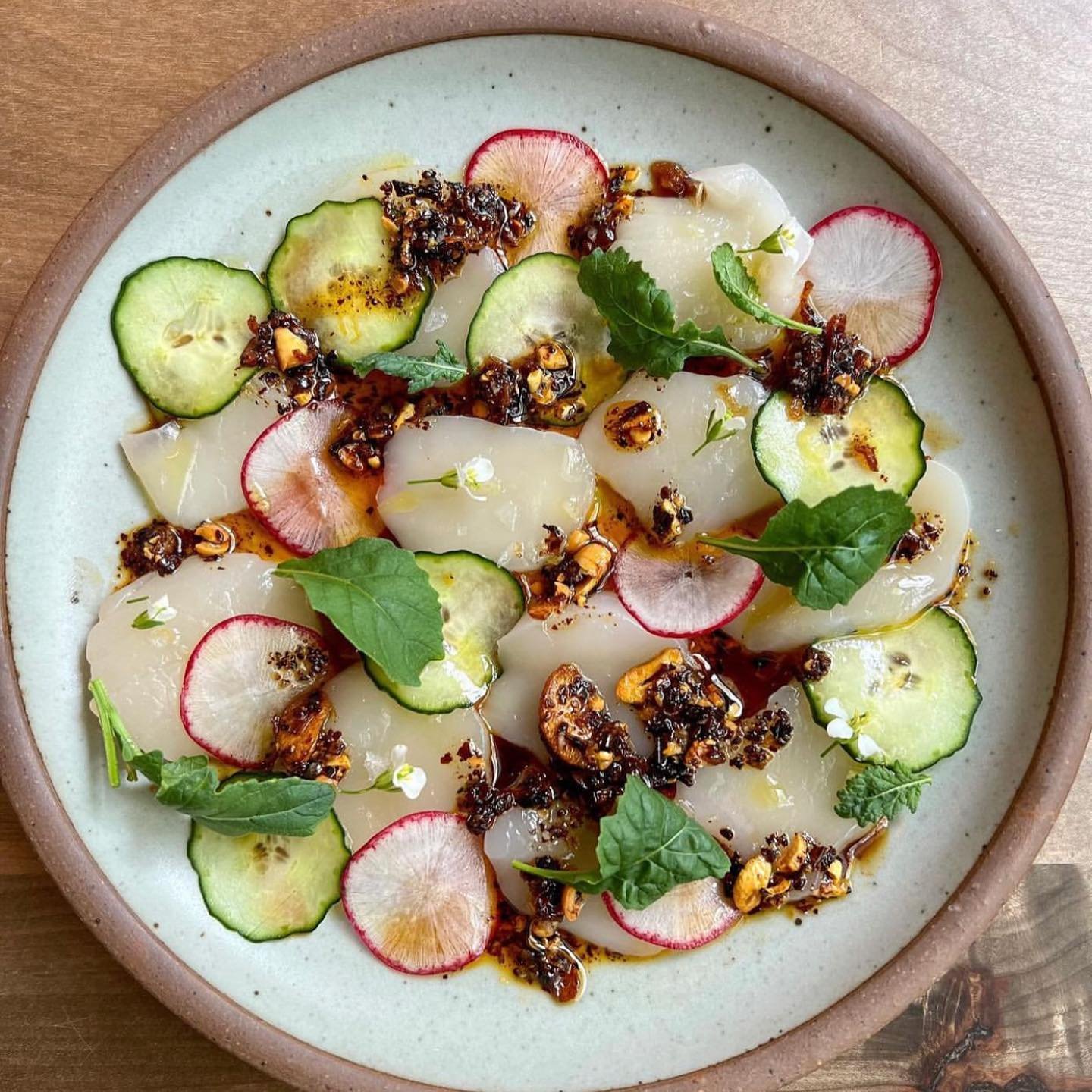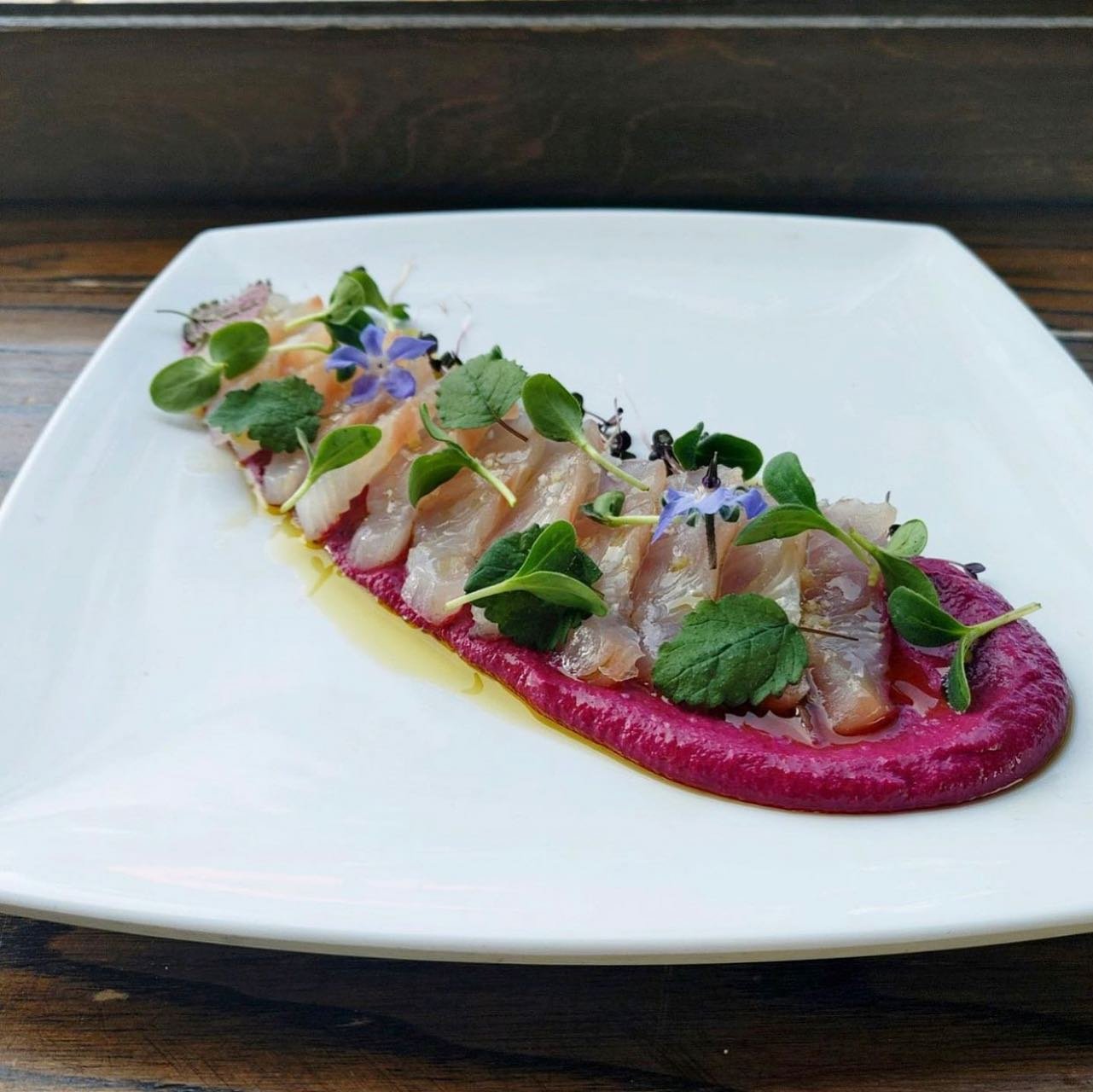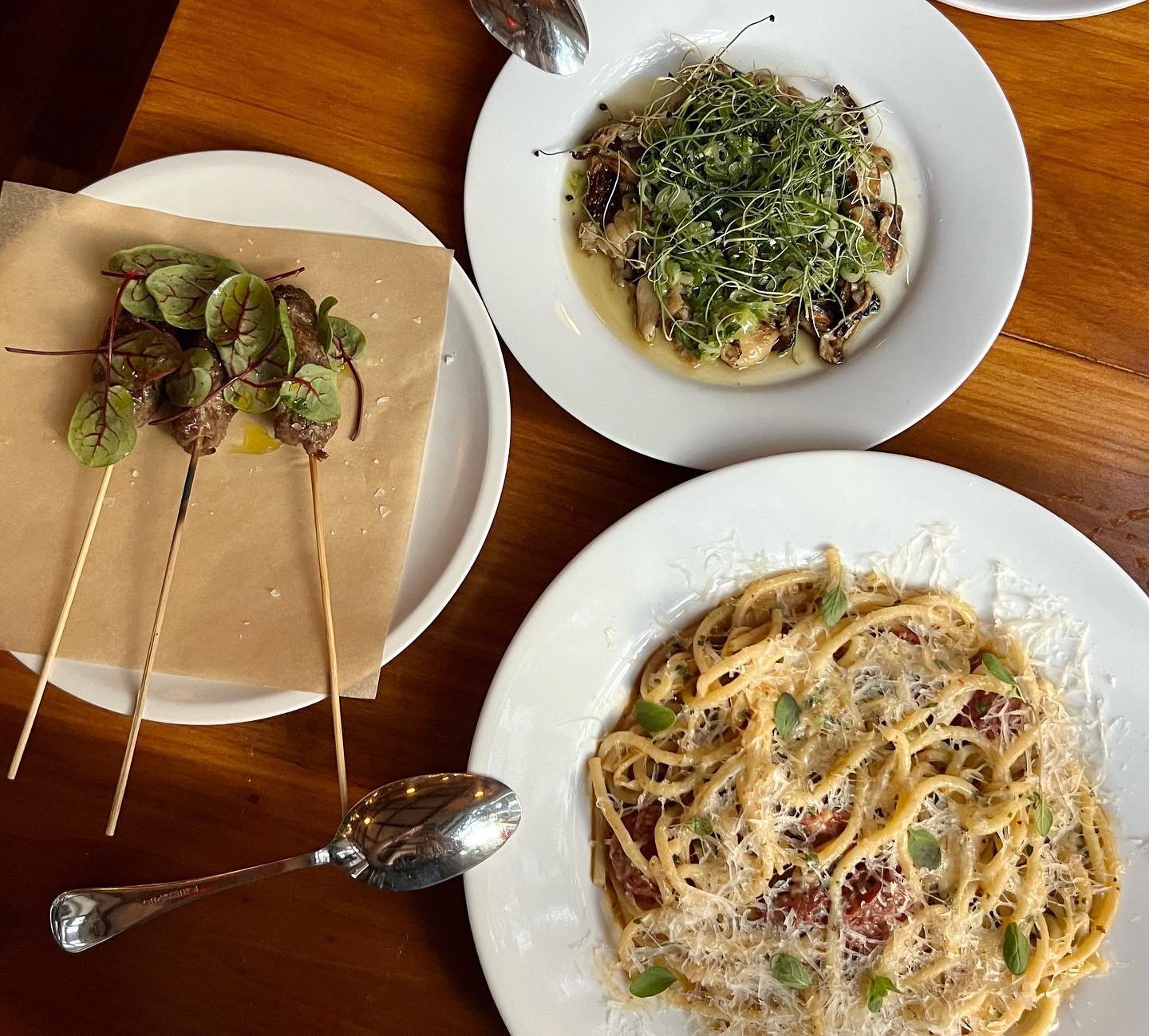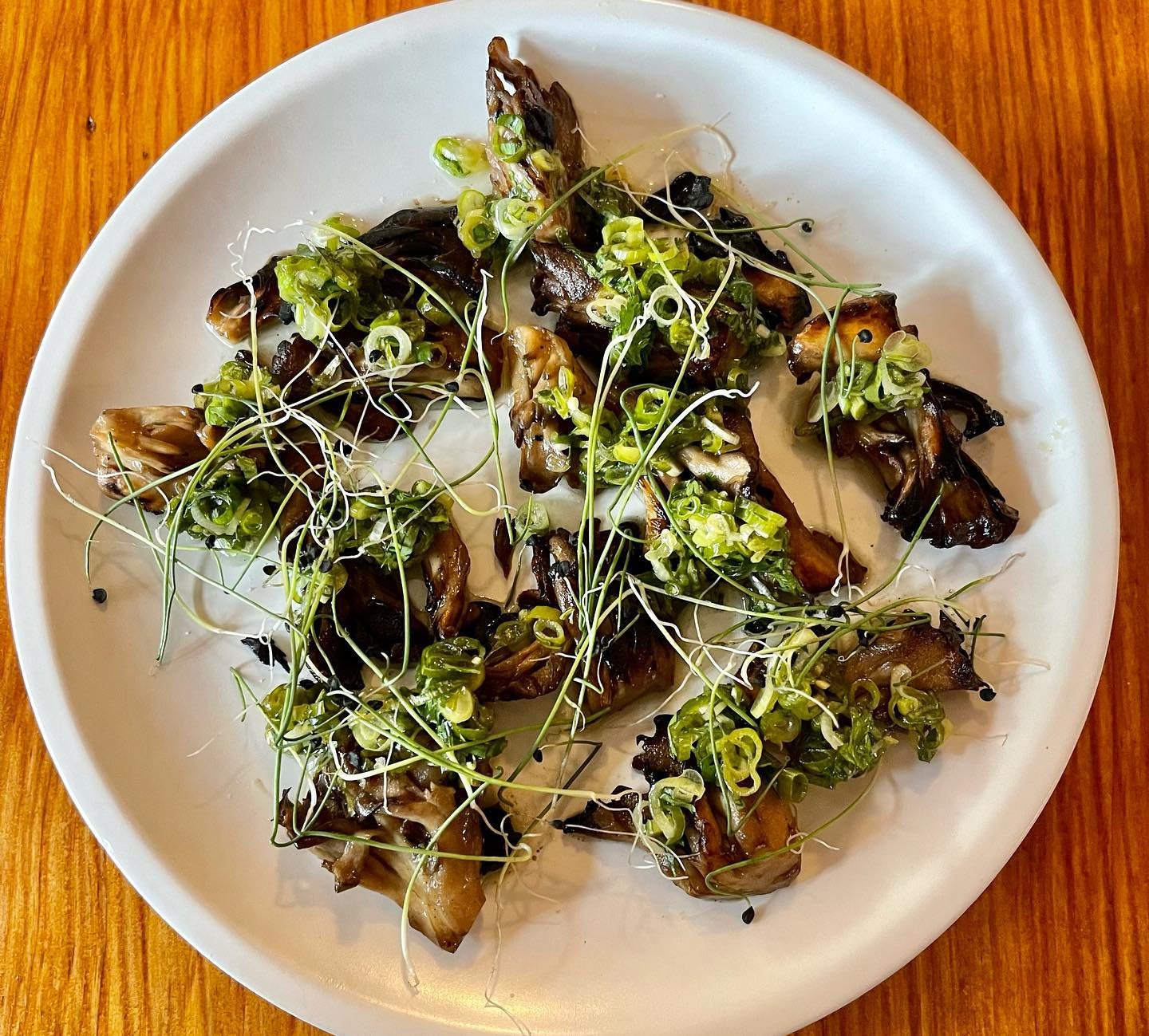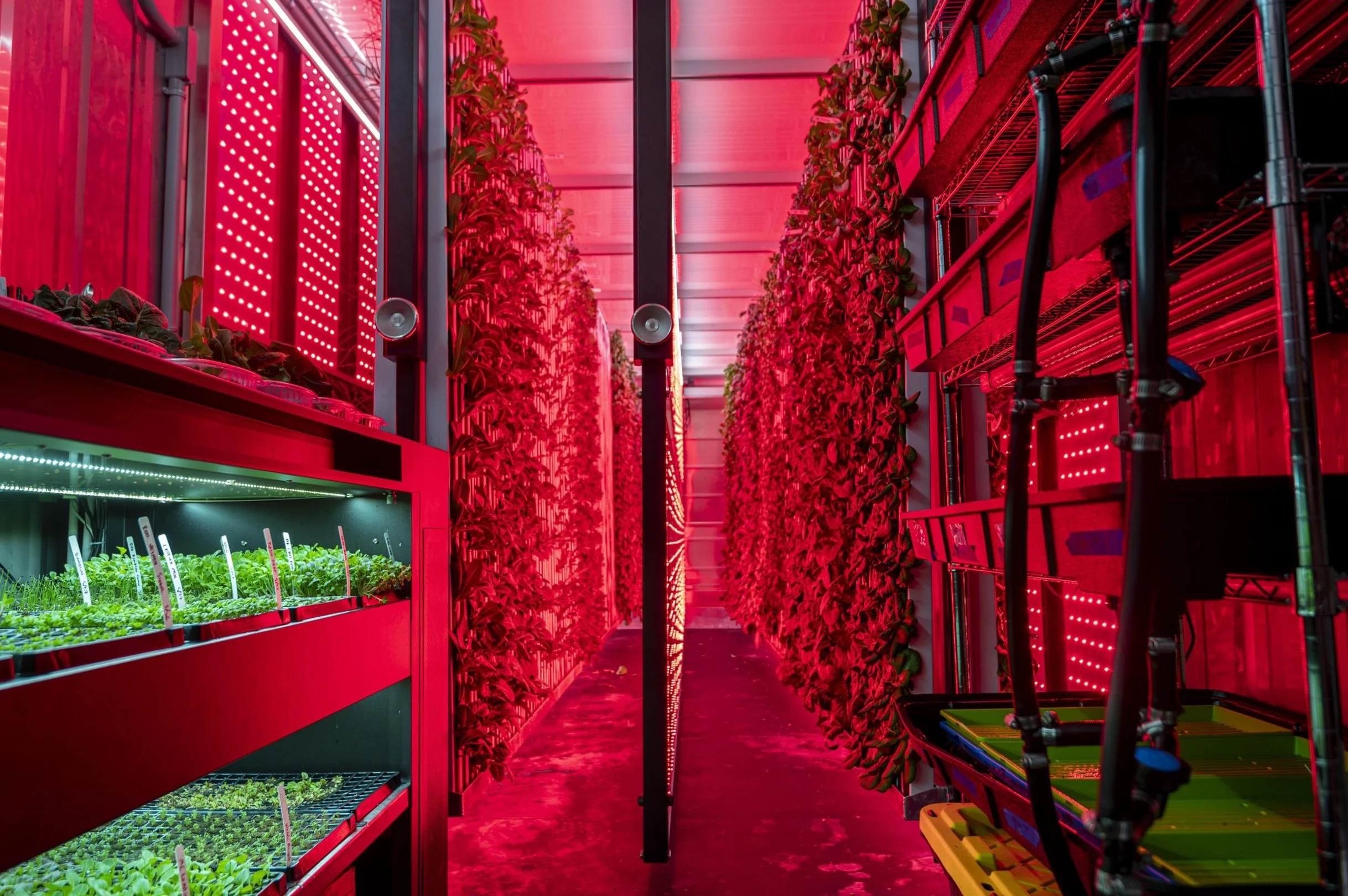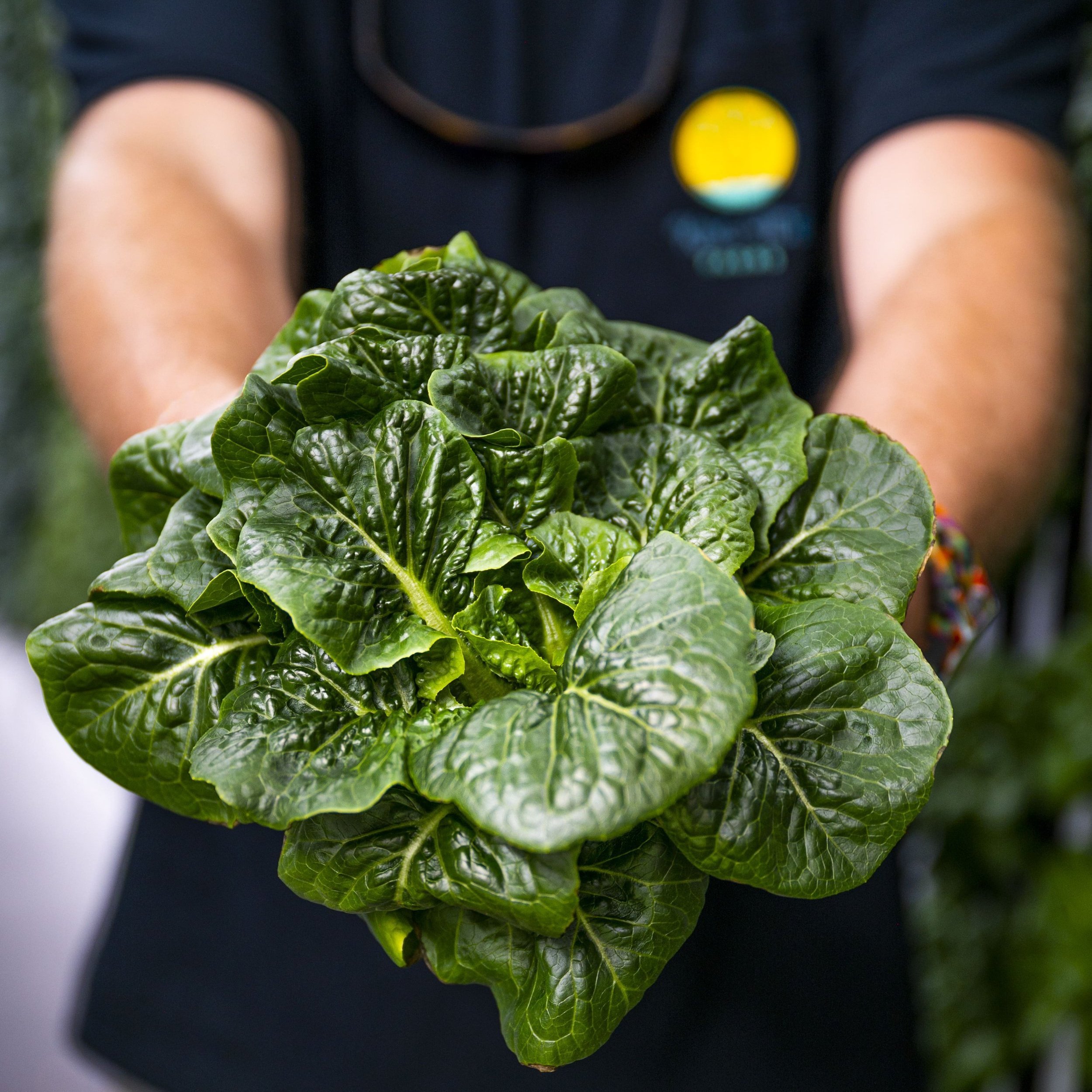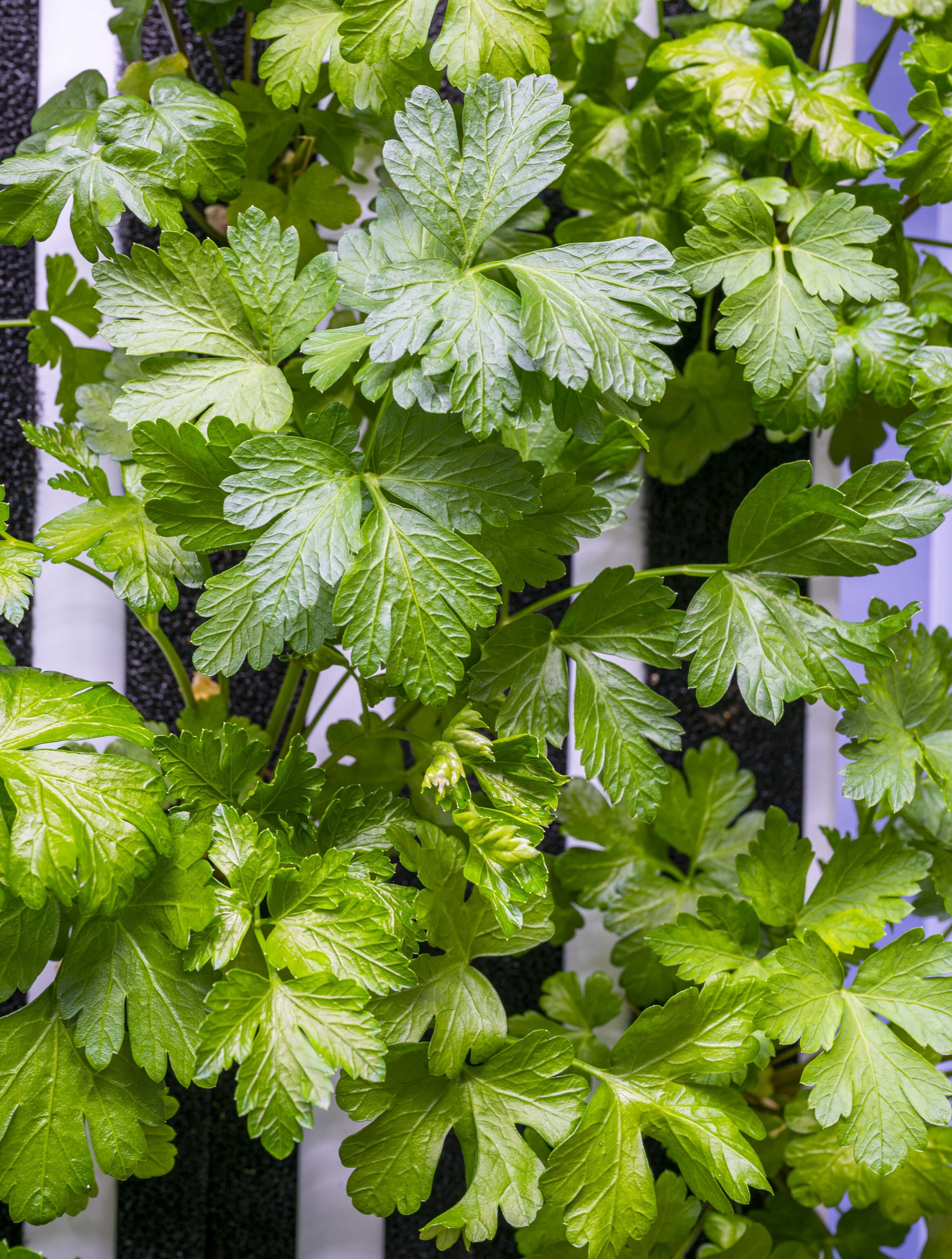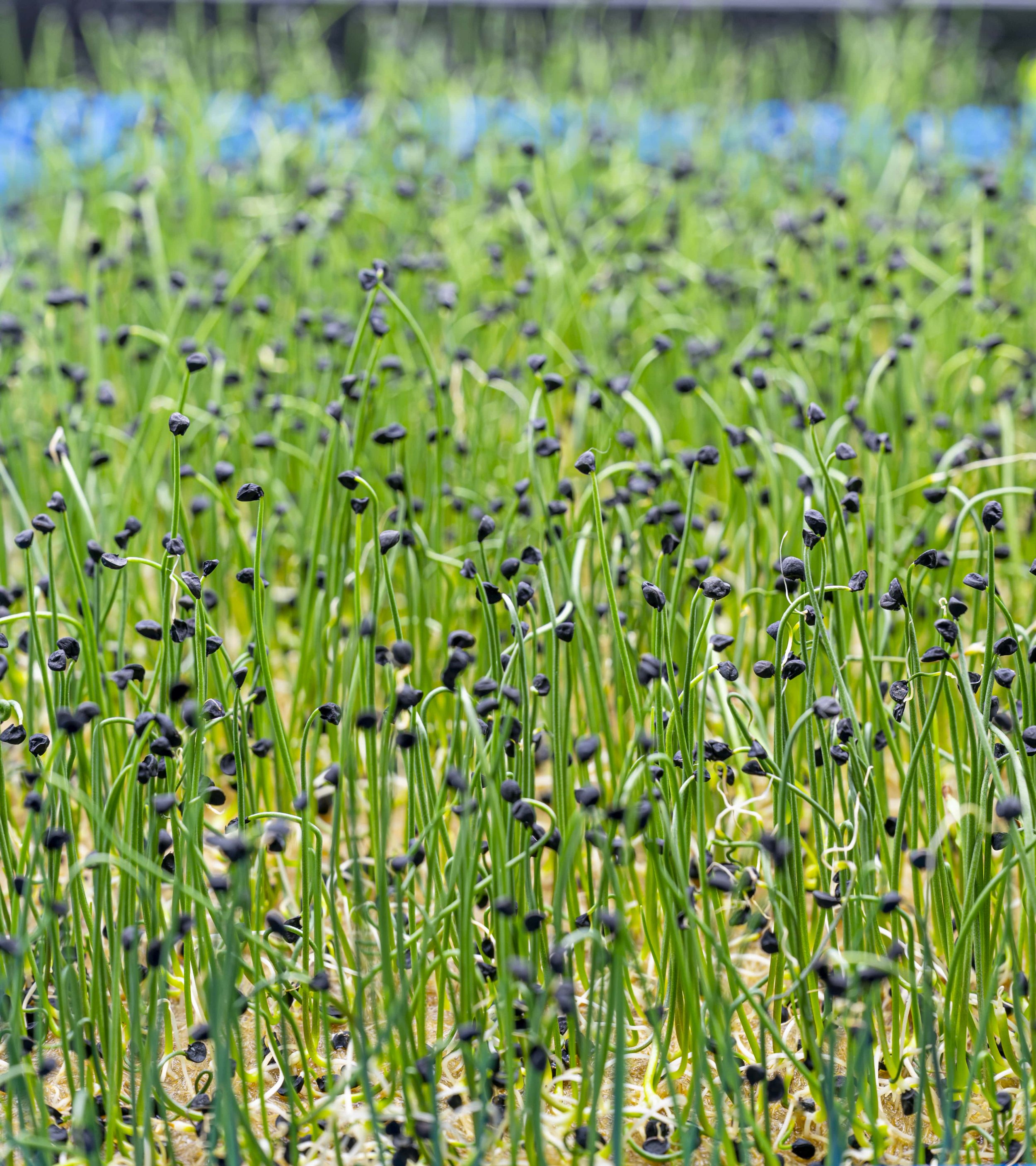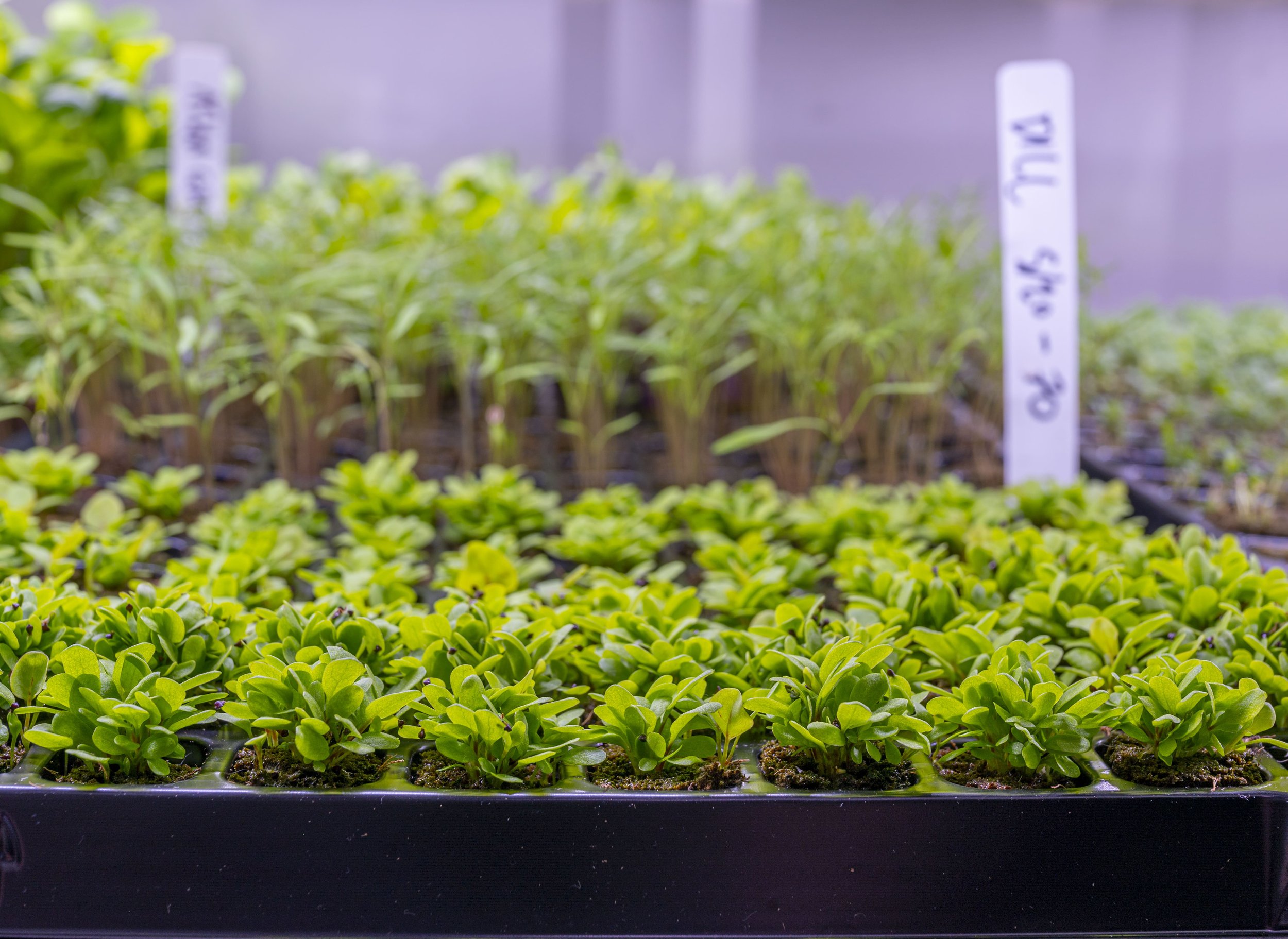King Tide Farms
Charleston, South Carolina | EST. 2022
Hamilton Horne provides Charleston restaurants with premium produce grown in a Freight Farm. A lifelong entrepreneur with a love for the food and beverage industry, Hamilton brings years of sales and restaurant experience to the work of farming. That business prowess and insider knowledge are two of the primary reasons he’s been such a successful restaurant supplier.
Hamilton had a passion for restaurants, cooking, and food, and saw the opportunity for a container farming business in Charleston, which is home to a thriving food scene and an increasing number of high-end restaurants. His business, King Tide Farms, was only started in 2022, but already, he has made a name for himself as a premier producer of veggies for Charleston’s top chefs.
About King Tide Farms:
-
Hamilton Horne
-
Entrepreneur selling to chefs
-
Microgreens, herbs, small leaves
-
Greenery™ S
-
One
Business Planning
When Hamilton was first planning his business, after purchasing a farm and before it arrived, he intended to place it in his backyard and sell produce at farmer’s markets. However, plans soon changed.
First, he encountered some bumps in the zoning process when preparing his backyard for a container farm. He ultimately found a spot for his farm at Firefly Distillery, owned by friends and in a location that offered less restrictive zoning.
In doing market research and considering sales channels, Hamilton realized how much he’d have to pay to be a part of his local farmer’s markets and how much time he’d have to dedicate (away from his family, on weekends) to make it worth his while, in spite of the higher price that produce sells for at farmer’s markets. He pivoted to selling directly to restaurants for this reason.
“I wouldn’t even say I have a green thumb.”
Business Success
Sales has always been a strength of Hamilton’s. Growing food? Not so much. But he saw the potential of Freight Farms’ vertical farm, a solution that made farming doable for a novice.
The gamble paid off. However, while a Freight Farm automates much of the farming process, Hamilton still has to do some farming work. There’s a learning curve to Freight Farming and he was not immune to it.
He learned this the hard way. Soon after launching his farm, he excitedly planted an entire farm’s worth of crops … but after accidentally killing those crops and flooding the farm, Hamilton decided to start small. He restarted, growing just a few crop varieties in a quarter of the farm. This careful learning helped him to get his feet under him and sustainably scale back up to growing at full capacity over the course of several months.
Now, Hamilton trusts in the expertise of his container farm system to keep his crops on track while he puts his expertise toward growing his business.
It’s important for small business Freight Farmers not to ignore the business aspect of their operation. Growing produce is just one-half of the equation. The other is marketing and sales: putting your brand out there, meeting people, forming purchase agreements. Hamilton’s focus on building his business is a large part of why he’s so successful. Just eight months into selling his produce, he’s regularly clearing $12,000 a month in revenue.
“The technology is there. The plants will grow. You’ve gotta go grow your business.”
Building Relationships With Chefs
Hamilton is a fount of knowledge and tips when it comes to selling to chefs, thanks to his time working in the food and beverage world.
Even before his farm arrived, he began the process of researching and reaching out to chefs. He wasn’t afraid to put himself out there — one of his most successful methods of opening a conversation was reaching out to a chef in an Instagram message. Once he had started a conversation, he’d find an excuse to drop off produce at the chef’s restaurant, believing wholeheartedly in the produce’s ability to sell itself.
Relieving Chefs’ Pain Points
When first talking to chefs, Hamilton focuses on listening: What is their current produce-purchasing experience like? What are the chef’s pain points? He’s found that many chefs are exasperated with the standard quality of produce and the quantity they have to throw away. In response to this, he is able to present his crops as a solution. With a shorter food supply chain, Hamilton’s Freight Farmed produce is fresher, longer-lasting, and valuable to chefs.
“You’re not going to sell the basil. You’re going to sell the quality of the basil, the process behind it.”
Produce Pricing for Restaurants
Open, frank conversations are key to his strategy of successfully selling to chefs — including when it comes to discussing the sticky subject of pricing. Hamilton does market research to understand typical wholesale price points, but relies on honest conversations with chefs to settle on a price. He asks chefs how much they currently pay for their produce, then asks them to consider how much of it they throw away. What do they think would be a fair price to pay for produce that is fresher, locally grown, and would last four times longer? Together, they come to an agreement on pricing.
The Farmer-Chef Partnership
This sort of practice highlights the fact that Hamilton is not just a supplier to chefs; he’s a partner to them. He prioritizes respect, reliability, consistency, and communication. Chefs want consistent produce delivery, quantity, and quality; Hamilton delivers. In doing so, he builds business relationships and encourages chefs to continue to purchase from him.
His tactics have paid off. Hamilton regularly supplies 15–20 top restaurants in Charleston with produce. His customers include Vern’s, Tempest, 167 Raw, The Grocery, Sorelle, Church and Union, Cold Shoulder Gourmet, and Oak Steakhouse.
Watch our conversation with Hamilton to hear his tips straight from the source!
“I want to be that resource for those chefs. ‘Hey Hamilton, we’ve got a plate coming up,’ or, ‘I’ve got a dish idea coming up and we’re looking for this flavor profile or this texture or this shape, this color, this size.’ That’s where I’m feeling that I can provide this expertise to them. That all originates with having those conversations with them.”
Crops
Premier restaurants purchase only premium crops. Hamilton has built his crop mix around chefs. He grows arugula, wasabi arugula, mustard greens, confetti cilantro, basil, and dill. He rarely grows crops to full maturity. Instead, he sells “chef’s cuts” — three-inch leaves grown in about five weeks that are used by chefs as garnishes. Because he’s growing small leaves, he sells his produce by volume, rather than weight.
One benefit of chef’s cuts is that they lighten Hamilton’s workload. After he trims the small leaves off for a harvest, he leaves the plants in the grow walls. They’ll grow back for his next chef’s cut harvest, saving him lots of time in seeding and transplanting.
Chefs also expressed a desire for microgreens, so Hamilton built out his farm to meet this demand. He installed grow racks across from his Nursery Station for microgreens, including borage, onion, radish, pea shoot, corn shoot, and nasturtium. Microgreens are easy to grow and significantly increase Hamilton’s revenue.
One boundary that Hamilton draws: He doesn’t grow a specific crop at a chef’s request unless multiple chefs would be willing to purchase it. His reasoning? He’s had purchase agreements with chefs fall through and never wants to end up with a harvest he can’t sell.
“Everyone always asks me what chefs buy the most of. Whatever I tell them! You’re the expert.”
